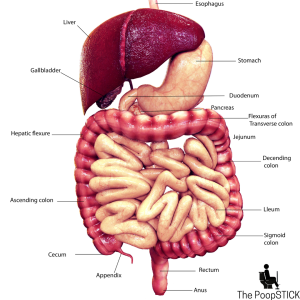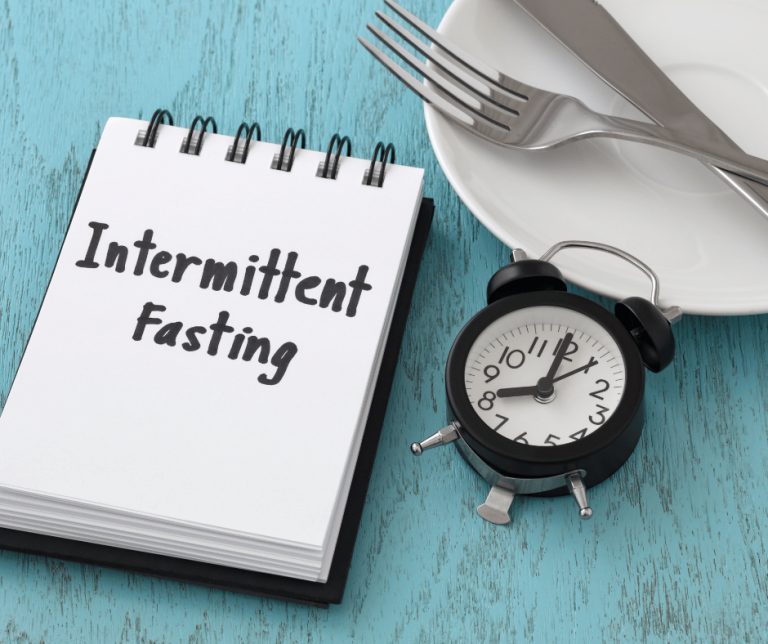
Poop & Weight Loss/Gain: How Your Bowel Health Impacts Your Scale
Your scale isn’t measuring fat — it’s measuring what your gut hasn’t let go of. Hidden stool retention, slow motility, and gut bacteria can quietly drive weight gain and bloating, even when your diet is “perfect.” This post exposes the dirty secret behind stubborn weight… and how to fix it.








